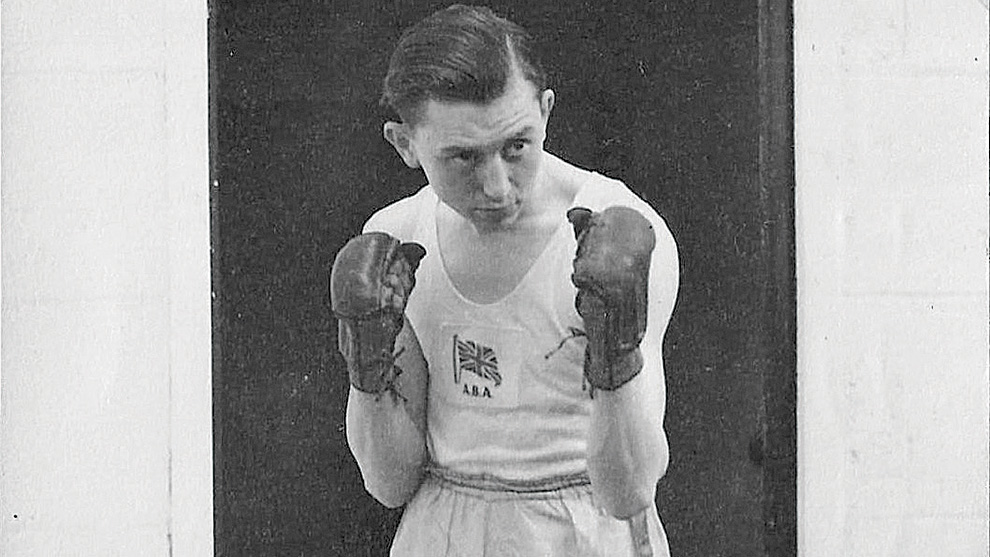ONLY three weeks ago I penned an obituary for BN on Ron Cooper, an Olympian at the 1948 Games. Ron was one of only two survivors of this team and, I am very sad to say, the other one, Manchester’s Tommy Proffitt, only outlived Ron by a few days.
He passed away on March 23, at the age of 97. It is hard to believe that two boxers, from a team of only eight, would live that long and, as there are no survivors at all from the 1952 team, a real link to boxing history has now gone forever.
Alex Daley wrote a fine tribute on Tommy for this column back in 2015 and I do not want to duplicate that, but, as a tribute to Tommy and Ron, and the whole team, I would like to take a closer look at the 1948 Olympic Games.
The previous Olympics had taken place in Berlin in 1936 and they were hugely spoiled by the politicisation of the event by the Nazi party, with the American sprinter Jesse Owens and some of his teammates having to suffer racial abuse throughout. In 1940, the Games were originally planned for Tokyo, but, once Japan had invaded China to instigate a brutal war, they were rescheduled for Helsinki. The outbreak of the second world war put a stop to that.
The 1944 Games had been provisionally planned for London so when peace returned to the world in 1945, the capital was chosen for a hastily arranged event just three years later. At the time, the UK was suffering hugely from the effects of the war, the economy was broken, the population had to endure food-rationing and London itself was trying to recover from the Blitz. The Games became known as the Austerity Games because they were run on a shoestring.
The eight boxers chosen to represent Great Britain were Ron and Tommy (at lightweight and bantam), Henry Carpenter (fly), Peter Brander (feather) and Max Shacklady, Johnny Wright, Don Scott and Jack Gardner from welter to heavyweight. On the face of it, it looked to be a pretty good team, and two silver medals were returned.
All eight had won the ABA championships at Wembley on May 5, 1948, and so there was little controversy regarding team selection. Tommy recalled that the shorts that he competed in were made by his sisters from material they had reclaimed from the family black-out curtains. Ron said the same, with some of his kit being purchased with his clothing coupons.
The boxing took place at the Empire Pool, Wembley, the week after the swimming and diving events, with the swimming pool being covered up so that the boxing could take place above it. This venue is still around today, now known as the OVO Arena, and its boxing history is legendary, particularly throughout the 1960s and 1970s.
Carpenter was eliminated at the first time of asking at the hands of Belgian, Alex Bollaert, and event was eventually won by the great Pascual Perez. Proffitt and Brander also lost their opening contests, with Proffitt losing out to a Mexican in a category that also included Vic Toweel and Jimmy Carruthers. The defeat of Brander was a huge upset, with the Slough boxer greatly fancied to medal.
Cooper was eliminated in his second contest, as was Shacklady and Gardner, but Johnny Wright and Don Scott both did exceptionally well to reach their respective finals. Wright had won the GB Sea Cadet title only the year before, and, at 19, he had come from nowhere. Scott was more seasoned and, as a serving military policeman, his silver medal was a fantastic achievement. Neither Brander nor Shacklady turned pro, and, of the others, only Gardner went on to win a British title as a pro, but they were a great team.
